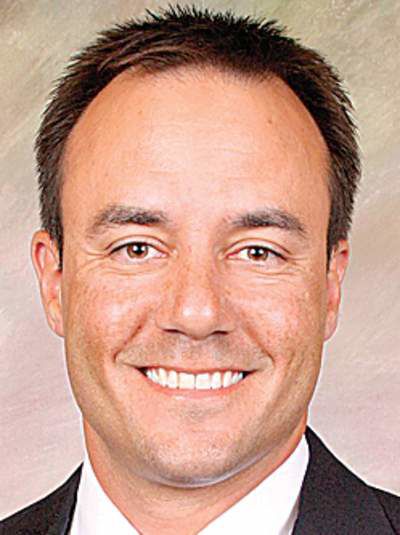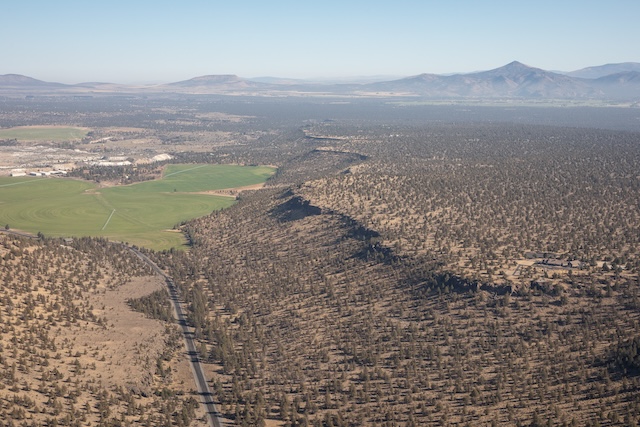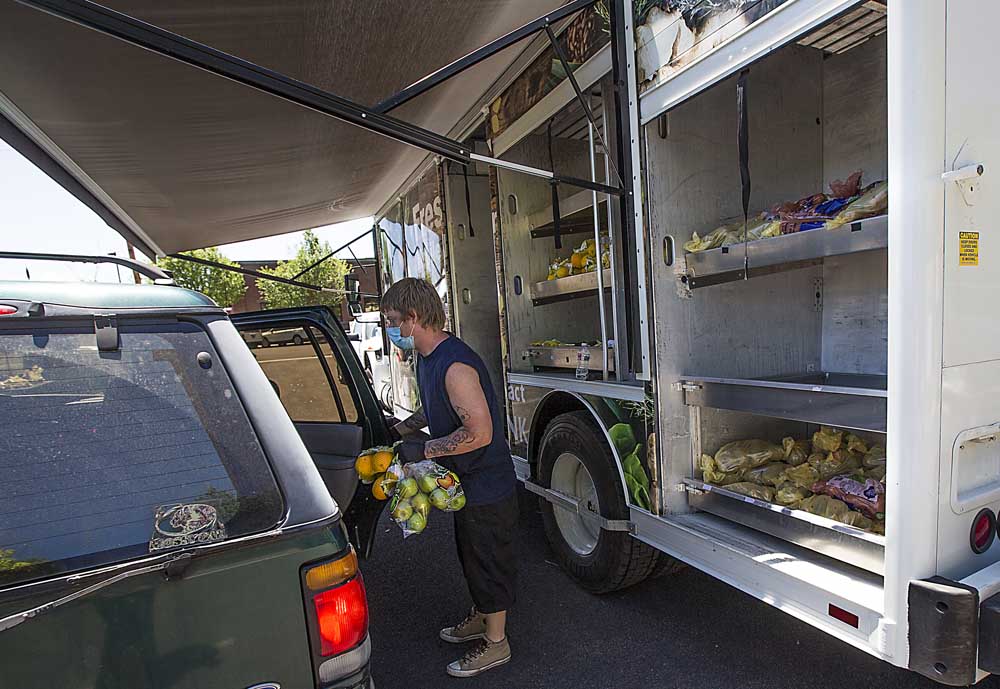Martin Chuck, Tetherow Golf Club
Published 4:00 am Wednesday, December 10, 2008

- Martin Chuck
The Bulletin continues its regular offseason Tee To Green feature in which we introduce to readers a Central Oregon golf professional or other notable member of the local golf community. This week, meet Martin Chuck, the director of golf at newly opened Tetherow Golf Club in Bend since January 2008.
Chuck is a native of Toronto and grew up in Canada’s largest city, where he began playing golf at 7 years old.
As a junior golfer, he worked at The National Golf Club of Canada, one of the top-ranked golf courses in the country. There, he was mentored by PGA professional Ben Kern, who helped develop Chuck’s love of the game.
Chuck moved to the United States to play golf at New Mexico State University, where he was a teammate of Rich Beem, who later won the 2002 PGA Championship.
Chuck moved to El Paso, Texas, shortly after college for an apprenticeship at El Paso Country Club.
After that, Chuck golfed on developmental tours such as the Canadian Tour, where he played from 1993 to 1995. In the offseason, he worked as an apprentice in Palm Desert, Calif., at Indian Ridge Country Club (which hosted the PGA Tour’s Bob Hope Classic in the 1990s), where he was named head professional in 1995.
In 2000, Chuck accepted the director of golf position at Arrow Creek Country Club in Reno, Nev., where he remained until he became the director of golf earlier this year at Tetherow.
Q: What led you to become a PGA professional?
A: The influence from my first mentor, Ben Kern. He was just a great guy. He did a lot of things for junior golf. He was an excellent player. He developed top-level assistant professionals, and he was just a consummate professional. I looked up to him a great deal.
Q: What brought you to Central Oregon?
A: I knew the area had a lot to offer for family … outdoor activity … and the notoriety of being at a David McLay Kidd-designed course. I just love (Kidd’s) Bandon (Dunes Golf Resort) and I love links-style golf. When I saw the two, Bend and David McLay Kidd, I thought, “Wow, it would be a neat opportunity to potentially go to work there.” And it turned out great: The town is fantastic and I love the golf course. I know people find (Tetherow) challenging, and well, it is. But you wouldn’t want to ski a bunny hill all day, either.
Q: What is the most common mistake you see recreational golfers make?
A: They don’t have an understanding of the concept of impact. Once they understand impact and how leverage works in golf, golf becomes a completely different game. It’s an elusive lesson that usually occurs unconsciously when people learn at a young age.
It is HARD to gain the concept as an adult. As a teaching pro for many years, that has always been my source of frustration, that the concept is totally lost with most golfers.
When you swing easy and you launch a tee ball, and you go, “Wow, I just swung easy and hit it really far” — on those particular swings, obviously, your swing is levered properly and you hit the golf ball with maximum lever length, and the shaft and the left arm are in one long lever. As opposed to when they try to hit it really hard, people tend to over-accelerate the club head, and the club head passes the plane of the left arm. And that really just reduces the lever size of the length of the golf club.
Q: Did you ever try to make the PGA Tour?
A: I didn’t go to Q-School. I played in the Florida mini-tours, and I played the Canadian Tour, and I played the Nationwide (Tour). I was still entertaining the thought of continuing playing, and then I had the opportunity to work at a really nice club in Palm Desert as a head pro. So that kind of changed my motivation a little bit. And I always love taking care of people and servicing members and trying to grow the game.
If I really thought I was going to be the next superstar, I probably would have continued. But it was a grind with the travel, being in a car and cheap hotels in small towns. It was fun, but having a steady payday at a nice club was more attractive at the time.
Q: What is your lowest score ever?
A: Sixty-two at Indian Ridge Country Club. It was in 1997.
Bio box
Name: Martin Chuck
Birth date: Oct. 30, 1968
Residence: Bend
Birthplace: Toronto
Family: Wife, Stacey; daughter, Samantha
Education: New Mexico State University (professional golf management)
Special interests: Playing harmonica, saxophone
Turned pro: 1992






